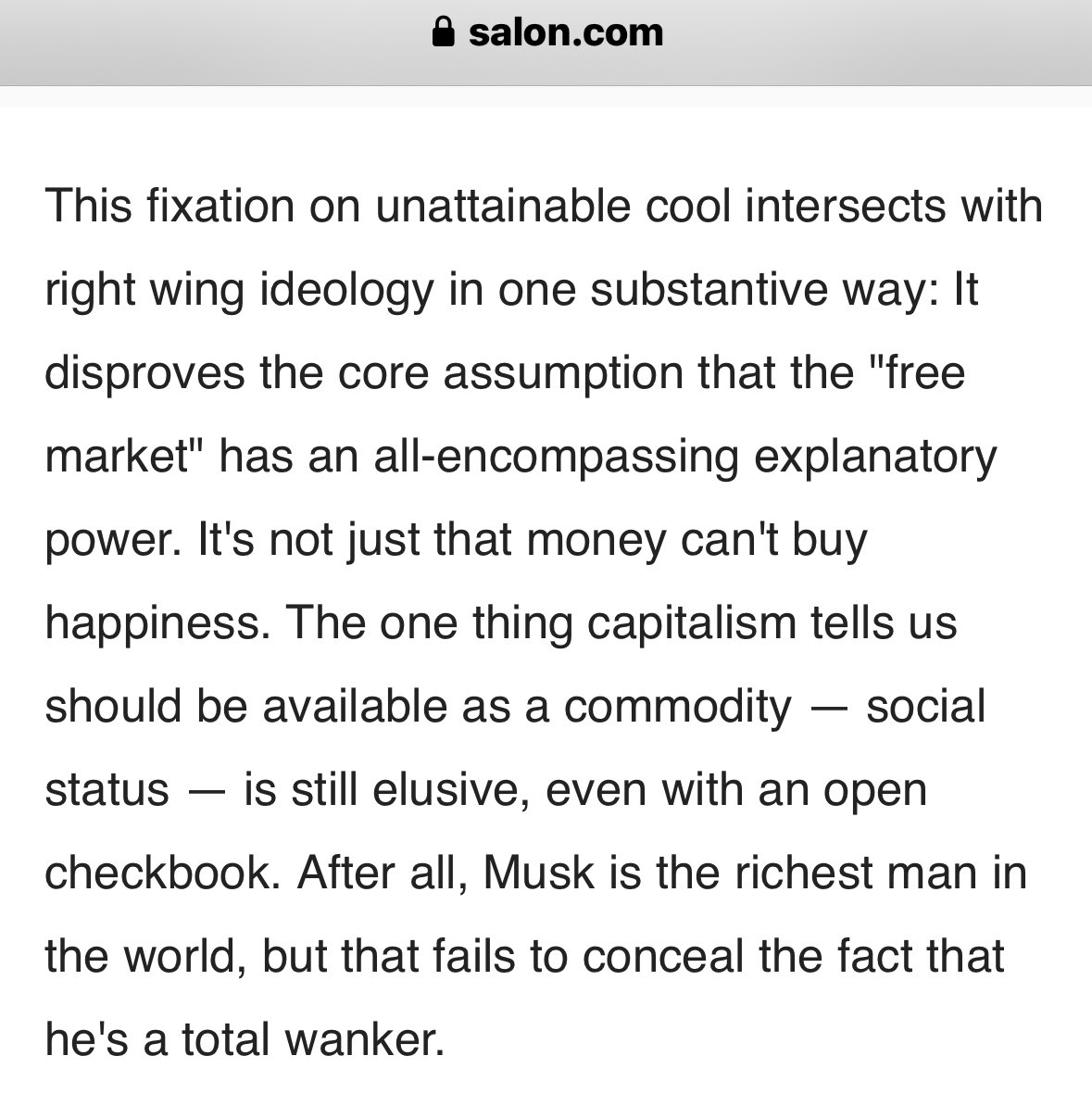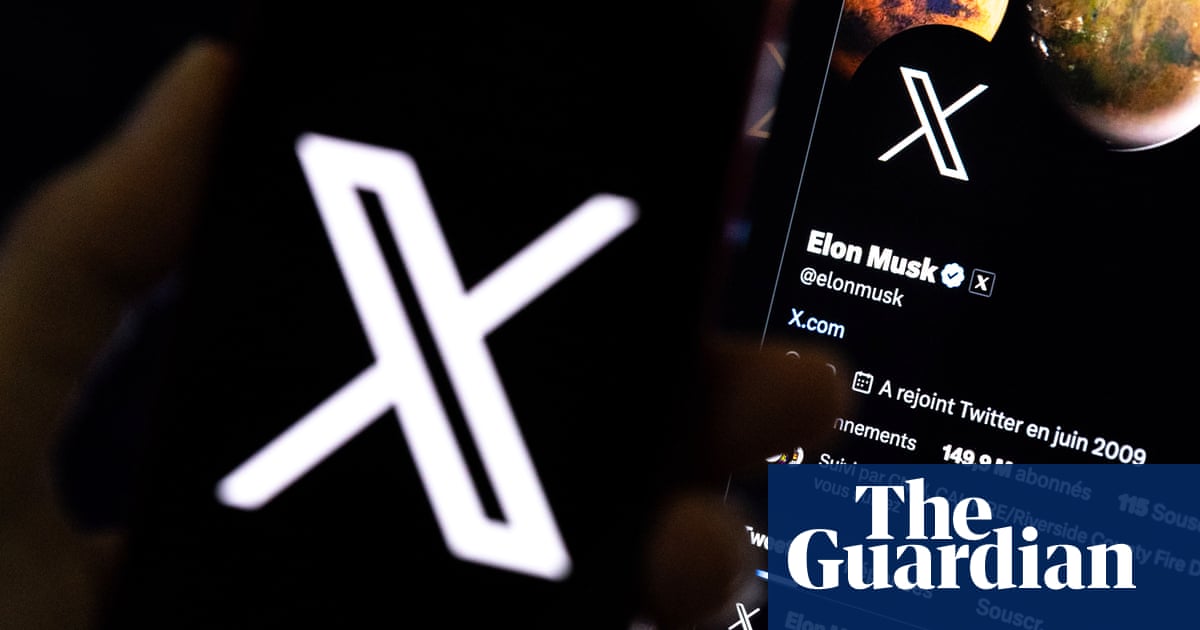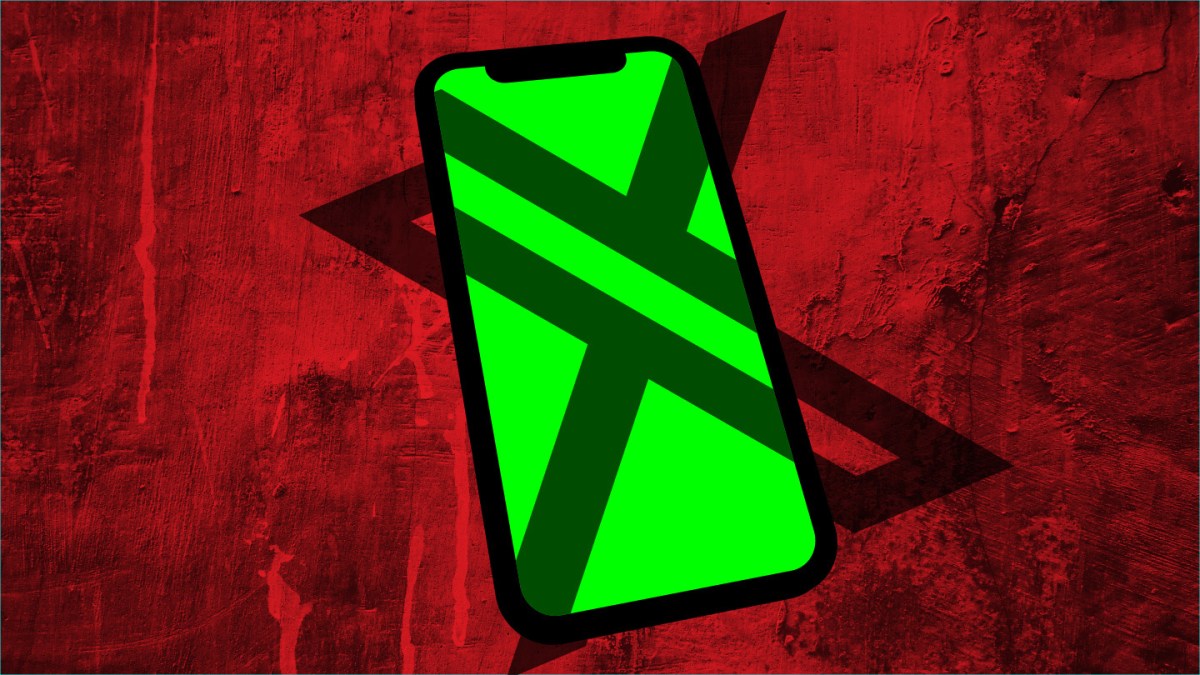
Elon Musk Fought Government Surveillance — While Profiting Off Government Surveillance
Elon Musk and X postured as defenders against government surveillance but sold user data to Dataminr, which facilitates such surveillance.
ELON MUSK FOUGHT GOVERNMENT SURVEILLANCE — WHILE PROFITING OFF GOVERNMENT SURVEILLANCE
Musk made hay of his legal battle against secret surveillance but continued selling X user data to a company that facilitates government monitoring.Sam Biddle
March 25 2024, 12:16 p.m.
TEN YEARS AGO, the internet platform X, then known as Twitter, filed a lawsuit against the government it hoped would force transparency around abuse-prone surveillance of social media users. X’s court battle, though, clashes with an uncomfortable fact: The company is itself in the business of government surveillance of social media.
Under the new ownership of Elon Musk, X had continued the litigation, until its defeat in January. The suit was aimed at overturning a governmental ban on disclosing the receipt of requests, known as national security letters, that compel companies to turn over everything from user metadata to private direct messages. Companies that receive these requests are typically legally bound to keep the request secret and can usually only disclose the number they’ve received in a given year in vague numerical ranges.
In its petition to the Supreme Court last September, X’s attorneys took up the banner of communications privacy: “History demonstrates that the surveillance of electronic communications is both a fertile ground for government abuse and a lightning-rod political topic of intense concern to the public.” After the court declined to take up the case in January, Musk responded tweeting, “Disappointing that the Supreme Court declined to hear this matter.”
The court’s refusal to take the case on ended X’s legal bid, but the company and Musk had positioned themselves at the forefront of a battle on behalf of internet users for greater transparency about government surveillance.
However, emails between the U.S. Secret Service and the surveillance firm Dataminr, obtained by The Intercept from a Freedom of Information Act request, show X is in an awkward position, profiting from the sale of user data for government surveillance purposes at the same time as it was fighting secrecy around another flavor of state surveillance in court.

Related
Police Surveilled George Floyd Protests With Help From Twitter-Affiliated Startup Dataminr
While national security letters allow the government to make targeted demands for non-public data on an individual basis, companies like Dataminr continuously monitor public activity on social media and other internet platforms. Dataminr provides its customers with customized real-time “alerts” on desired topics, giving clients like police departments a form of social media omniscience. The alerts allow police to, for instance, automatically track a protest as it moves from its planning stages into the streets, without requiring police officials to do any time-intensive searches.
Although Dataminr defends First Alert, its governmental surveillance platform, as a public safety tool that helps first responders react quickly to sudden crises, the tool has been repeatedly shown to be used by police to monitor First Amendment-protected online political speech and real-world protests.
“The Whole Point”
Dataminr has long touted its special relationship with X as integral to First Alert. (Twitter previously owned a stake in Dataminr, though divested before Musk’s purchase.) Unlike other platforms it surveils by scraping user content, Dataminr pays for privileged access to X through the company’s “firehose”: a direct, unfiltered feed of every single piece of user content ever shared publicly to the platform.Watching everything that happens on X in real time is key to Dataminr’s pitch to the government. The company essentially leases indirect access to this massive spray of information, with Dataminr acting as an intermediary between X’s servers and a multitude of police, intelligence, and military agencies.
While it was unclear whether, under Musk, X would continue leasing access to its users to Dataminr — and by extension, the government — the emails from the Secret Service confirm that, as of last summer, the social media platform was still very much in the government surveillance business.
“Dataminr has a unique contractual relationship with Twitter, whereby we have real-time access to the full stream of all publicly available Tweets,” a representative of the surveillance company wrote to the Secret Service in a July 2023 message about the terms of the law enforcement agency’s surveillance subscription. “In addition all of Dataminr’s public sector customers today have agreed to these terms including dozens who are responsible for law enforcement whether at the local, state or federal level.” (The terms are not mentioned in the emails.)
According to an email from the Secret Service in the same thread, the agency’s interest in Dataminr was unambiguous: “The whole point of this contract is to use the information for law enforcement purposes.”
Privacy advocates told The Intercept that X’s Musk-era warnings of government surveillance abuses are contradictory to the company’s continued sale of user data for the purpose of government surveillance. (Neither X nor Dataminr responded to a request for comment.)
“X’s legal briefs acknowledge that communications surveillance is ripe for government abuse, and that we can’t depend on the police to police themselves,” said Jennifer Granick, the surveillance and cybersecurity counsel at the American Civil Liberties Union’s Speech, Privacy, and Technology Project. “But then X turns around and sells Dataminr fire-hose access to users’ posts, which Dataminr then passes through to the government in the form of unregulated disclosures and speculative predictions that can falsely ensnare the innocent.”
“Social media platforms should protect the privacy of their users.”
“Social media platforms should protect the privacy of their users,” Adam Schwartz, the privacy litigation director at the Electronic Frontier Foundation, which filed an amicus brief in support of X’s Supreme Court petition. “For example, platforms must not provide special services, like real-time access to the full stream of public-facing posts, to surveillance vendors who share this information with police departments. If X is providing such access to Dataminr, that would be disappointing.”
“Glaringly at Odds”
Following a 2016 investigation into the use of Twitter data for police surveillance by the ACLU, the company went so far as to expressly ban third parties from “conducting or providing surveillance or gathering intelligence” and “monitoring sensitive events (including but not limited to protests, rallies, or community organizing meetings)” using firehose data. The new policy went so far as to ban the use of firehose data for purposes pertaining to “any alleged or actual commission of a crime” — ostensibly a problem for Dataminr’s crime-fighting clientele.
Related
U.S. Marshals Spied on Abortion Protesters Using Dataminr
These assurances have done nothing to stop Dataminr from using the data it buys from X to do exactly these things. Prior reporting from The Intercept has shown the company has, in recent years, helped federal and local police surveil entirely peaceful Black Lives Matter protests and abortion rights rallies in recent years.
Neither X nor Dataminr have responded to repeated requests to explain how a tool that allows for the real-time monitoring of protests is permitted under a policy that expressly bans the monitoring of protests. In the past, both Dataminr and X have denied that monitoring the real-time communications of people on the internet and relaying that information to the police is a form of surveillance because the posts in question are public.
Twitter later softened this prohibition by noting surveillance applications were banned “Unless explicitly approved by X in writing.” Dataminr, for its part, remains listed as an “official partner” of X.
Though the means differ, national security scholars told The Intercept that the ends of national security letters and fire-hose monitoring are the same: widespread government surveillance with little to no meaningful oversight. Neither the national security letters nor dragnet social media surveillance require a sign-off from a judge and, in both cases, those affected are left unaware they’ve fallen under governmental scrutiny.
“While I appreciate that there may be some symbolic difference between giving the government granular data directly and making them sift through what they buy from data brokers, the end result is still that user data ends up in the hands of law enforcement, and this time without any legal process,” said David Greene, civil liberties director at EFF.
“The end result is still that user data ends up in the hands of law enforcement, and this time without any legal process.”
It’s the kind of ideological contradiction typical of X’s owner. Musk has managed to sell himself as a heterodox critic of U.S. foreign policy and big government while simultaneously enriching himself by selling the state expensive military hardware through his rocket company SpaceX.
“While X’s efforts to bring more transparency to the National Security Letter process are commendable, its objection to government surveillance of communications in that context is glaringly at odds with its decision to support similar surveillance measures through its partnership with Dataminr,” said Mary Pat Dwyer, director of Georgetown University’s Law Institute for Technology Law and Policy. “Scholars and advocates have long argued the Dataminr partnership is squarely inconsistent with the platform’s policy forbidding use of its data for surveillance, and X’s continued failure to end the relationship prevents the company from credibly portraying itself as an advocate for its users’ privacy.”














:format(webp)/cdn.vox-cdn.com/uploads/chorus_asset/file/25269608/bluesky_media_kit_banner_4.png)